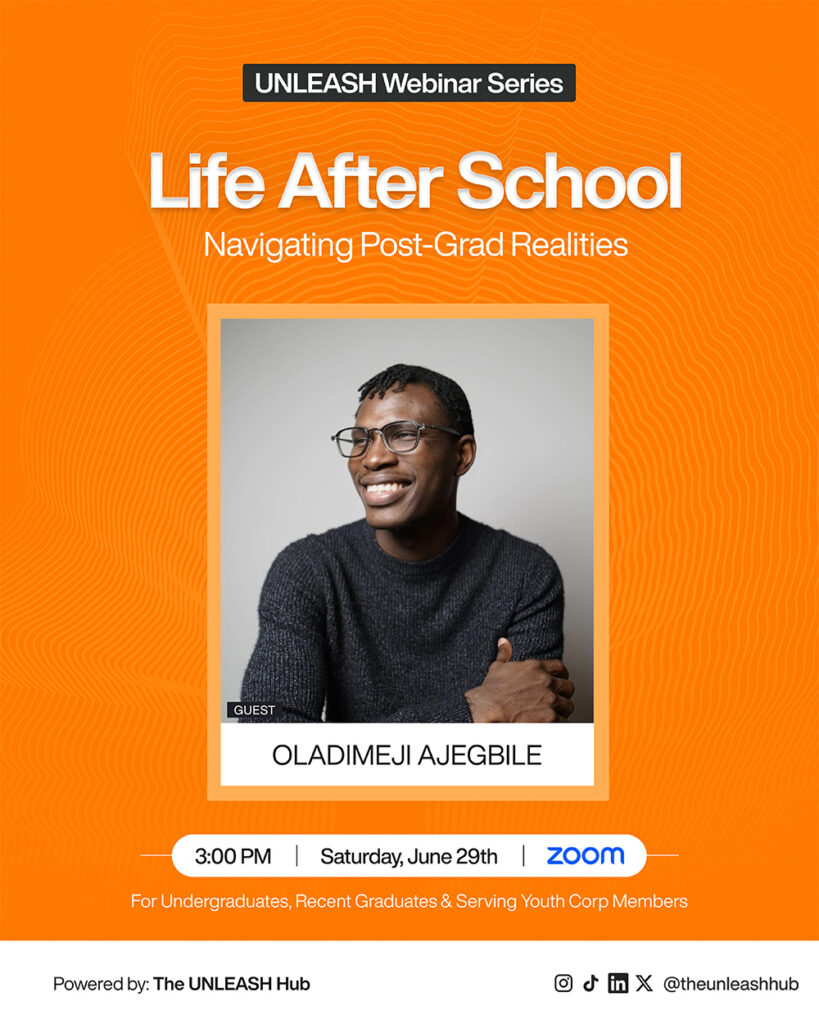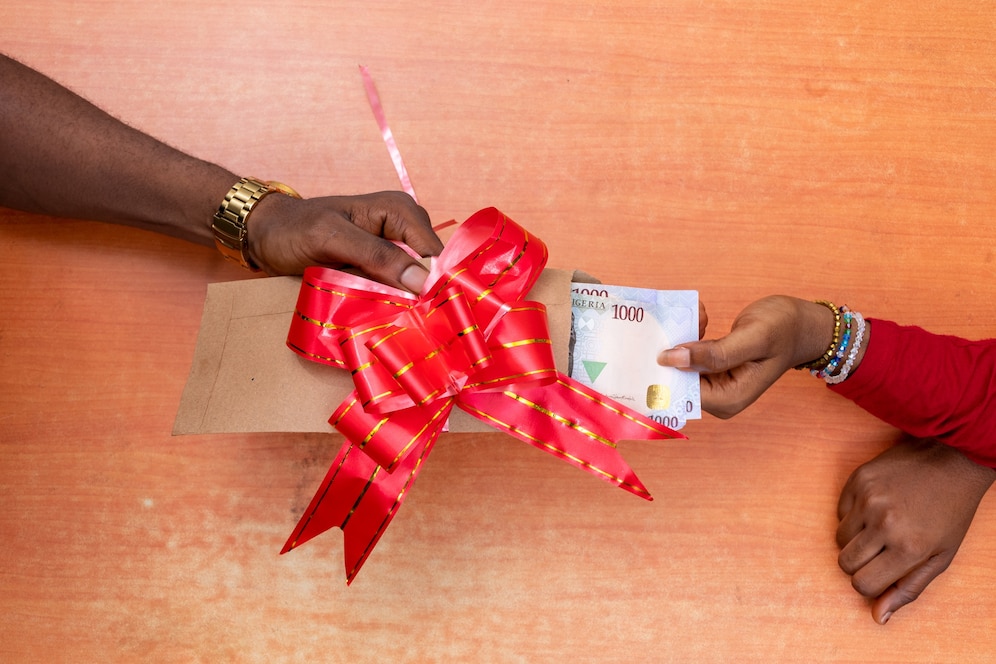“The world is a dangerous place to live; not because of the people who are evil, but because of the people who don’t do anything about it.”
Albert Einstein
Earlier this week, Chude Jideonwo announced a new documentary coming to a screen near you this year – ‘Is it your money’? – the story of Diezani Alison-Madueke and an alleged $6 billion worth of looting. I look forward to watching this documentary because I believe it is important for us to know these stories, understand what happened and plug the gaps. Because, at the end of the day, it is our money.
Recently, I was in a session with some foreign investors and there was the usual discussion around the state of the Nigerian economy and potential opportunities. My reflection from the session was on our transition from a ‘resource based’ economy, where in someone’s famous words – ‘it is nobody’s money, but everybody’s money’ to a tax-based economy. In the ‘resource based’ economy, there is zero accountability. It is live and let live – Government acts as it wishes, and citizens do as they please. Every man for himself, God for us all.
Now, our treasury is running on red, debt levels are high, and our resources are insufficient to cover expenses. Consequently, the government is resorting to various ‘creative’ tax strategies. The challenge is nobody wants to pay taxes – and perhaps justifiably so, as we rightfully question the waste we see and the value we receive in return. Whatever the case, in a ‘low trust’ society, the government must demonstrate transparency and efficient spending. However, ‘we the governed’ also bear responsibility. Since it’s ultimately our money—whether stolen loot or taxes paid—how do we demand accountability?
Last week, one of the envoys in the UNLEASH Leaders Program offered practical steps we can all take to get involved in monitoring our money:
- Engage in Policy Making: Start by volunteering with NESG (Nigerian Economic Summit Group) to collaborate on policy development concerning issues that matter to you.
- Hold Lawmakers Accountable: Familiarize yourself with your representatives, senators, and legislative activities through resources like the National Assembly website and platforms like PLACNG. Use these platforms to get informed on upcoming bills and determine what actions might be required before they get passed.
- Follow the Money: Participate in efforts like FollowTheMoney and BudgIT to track government spending, assess the impact of projects in your community, and engage as a community champion.
The quote for this week sums up the action required of us. We can’t do it all, and change doesn’t happen overnight, but doing nothing guarantees deterioration. Each of us has a role to play – decide which space you will occupy, but let’s at least begin by getting informed and asking more questions.
What other suggestions do you have? Which of these actions have you seen drive impact? I look forward to hearing your thoughts.
Yours in possibilities,
TKO
Ps – I’m excited to announce that the UNLEASH Hub is now live! It’s not just something to talk about – it’s an experience. So, go ahead and check it out! While you are it, don’t forget to register for our upcoming Webinar this Saturday ‘Life After School’, with Oladimeji Ajegbile. Whether you’re a student, recent graduate, or navigating your career path in a challenging economy, this session is a must-attend. See you on Saturday!


